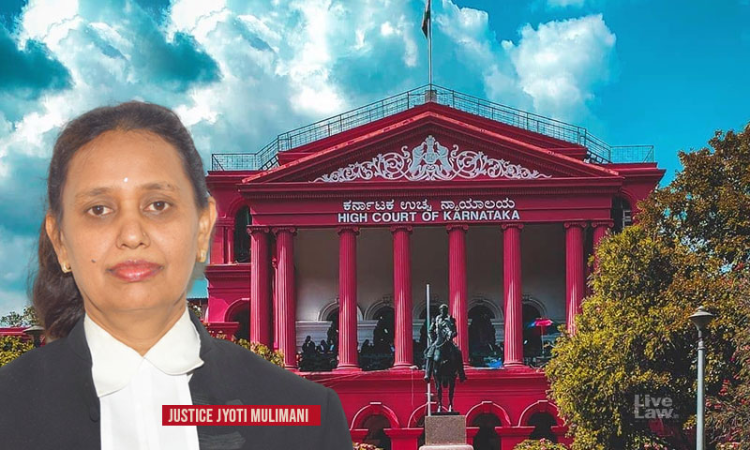Past Conduct Of Workman Must Be Looked Into While Passing Order Of Dismissal: Karnataka High Court
Mustafa Plumber
28 May 2024 3:00 PM IST

Next Story
28 May 2024 3:00 PM IST
The Karnataka High Court has set aside an order passed by the Labour Court directing the reinstatement of a conductor working with the Karnataka State Road Transport Corporation, who was charged and dismissed for non-issuing of tickets to passengers travelling on the bus.A single judge bench of Justice Jyoti Mulimani allowed the appeal filed by the corporation and said “The...
